 Farmland Pollution Prevention
Farmland Pollution Prevention
To understand the state of heavy metal pollution in Taiwan's farmland soil, the Ministry of Environment began conducting soil surveys in 1982, focusing on possible contamination by heavy metals such as arsenic, cadmium, chromium, mercury, nickel, lead, zinc, and copper. The aim is to assess the extent of soil pollution and ensure farmland safety and sustainability. Since 2002, more targeted investigations have been carried out to verify the extent and boundaries of pollution in specific farmlands, underscoring the government's commitment to protecting land resources.
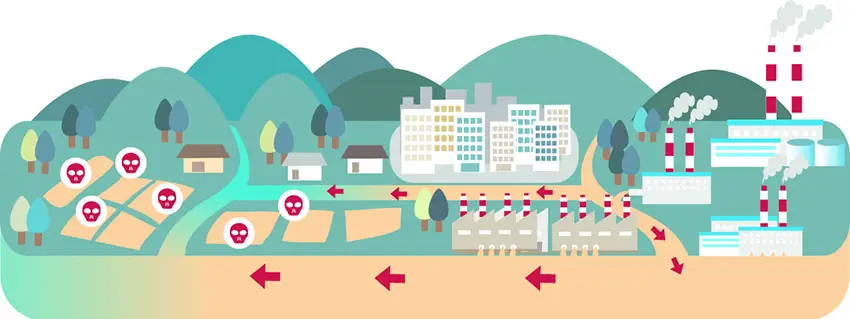
From 2003 to 2009, local environmental protection bureaus began investigating and monitoring farmland with high pollution potential. Additionally, from 2010 to 2017, central environmental protection agencies also implemented investigation projects to systematically verify soil pollution across farmland nationwide. Based on the findings, approximately 1,200 hectares of farmland were found to be polluted. After years of effort, improvement work was completed by the end of 2021, and the government simultaneously enforced pollution source controls to achieve soil pollution prevention goals.
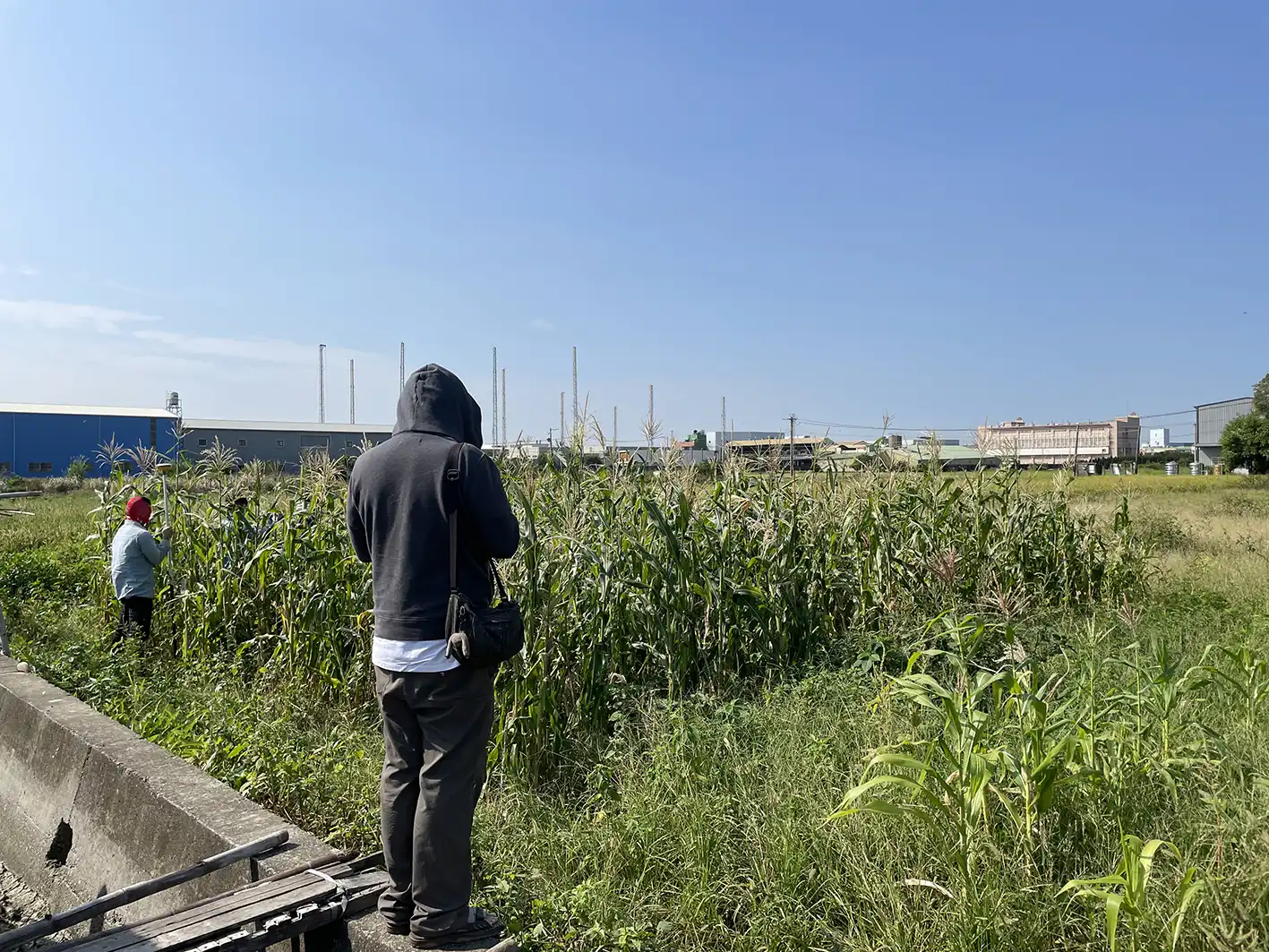
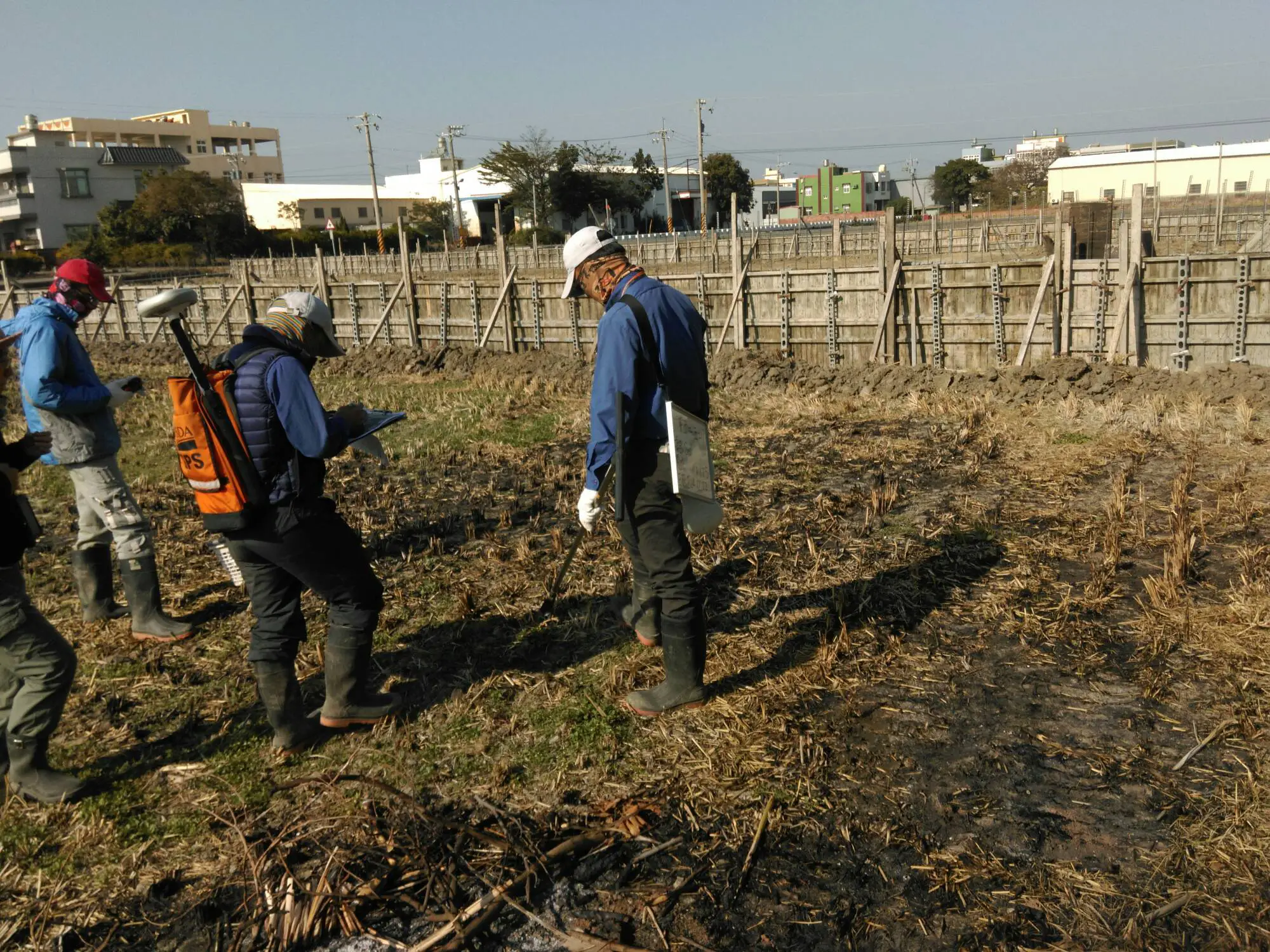
Since 2023, the Ministry of Environment has been promoting a nationwide farmland pollution prevention initiative. To effectively utilize monitoring resources and prevent pollution, the ministry has implemented a classification-based monitoring and management system for agricultural irrigation areas across the country. This includes random sampling of soil and irrigation water quality, as well as the activation of pollution tracing and prevention mechanisms in response to abnormal cases. By continuously assessing changes in potential pollution risks and conducting regular annual monitoring of agricultural irrigation areas, the ministry aims to implement preventive management measures and ensure the safety of agricultural production.。
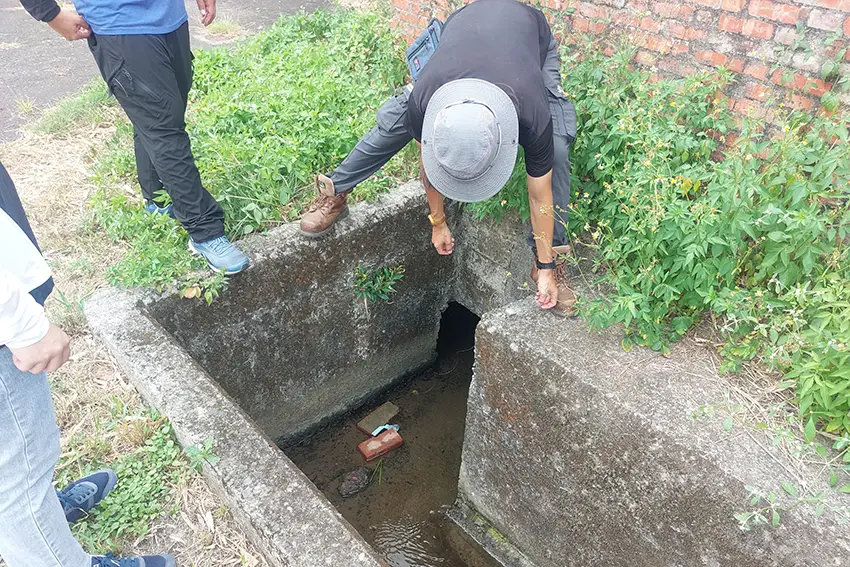
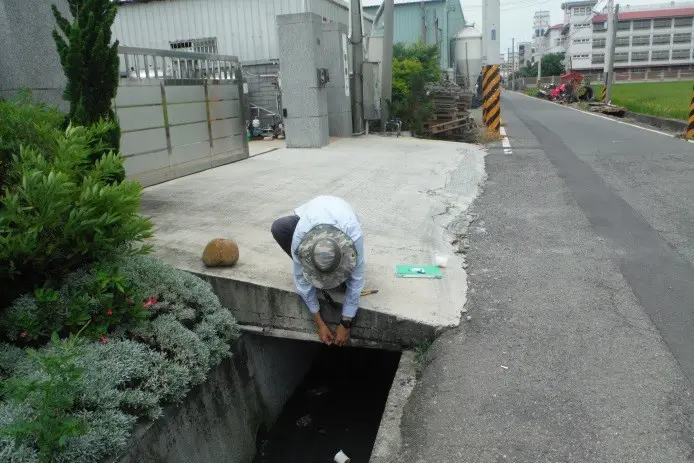
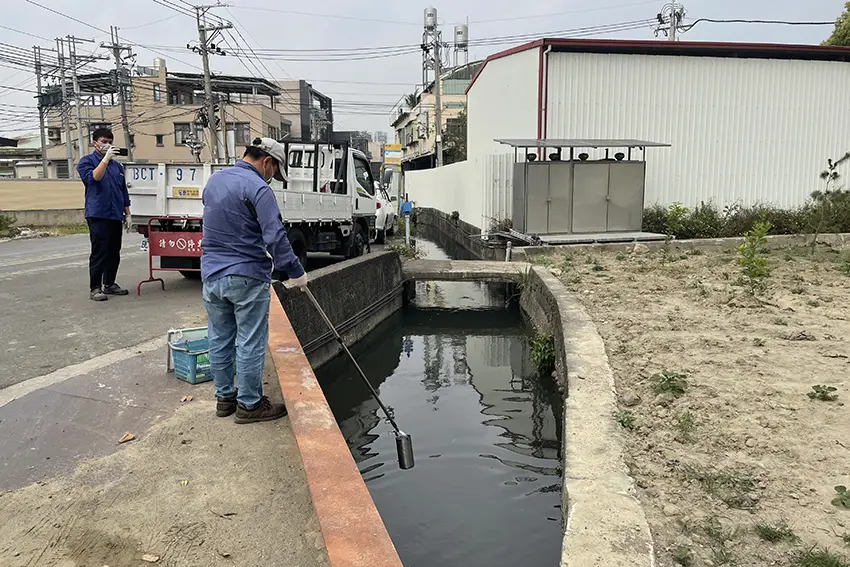
By continuously monitoring farmland pollution trends, strengthening pollution prevention controls, enforcing accountability and restitution, building a soil quality database, and fostering interministerial collaboration, the government's goal is to ensure the sustainable use of land resources, maintaining good soil quality and preserving the environment for future generations. This reflects the government's proactive efforts to protect the land and promote sustainable development, thereby securing land resources for sustainable use and the quality of life for future generations.
- Data Source: Soil and Groundwater Pollution Remediation Fund Management Board
- Publish Date: 2024-11-28
- Update Date: 2025-09-12

 Related Topics
Related Topics

